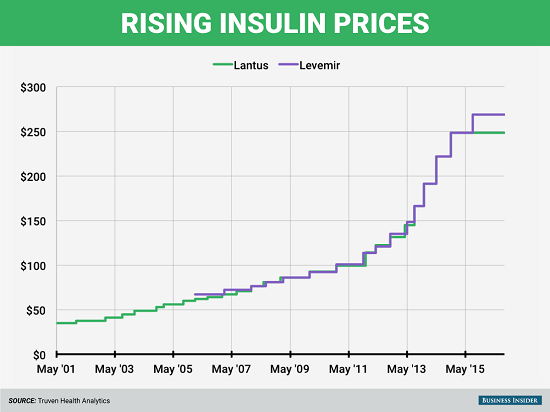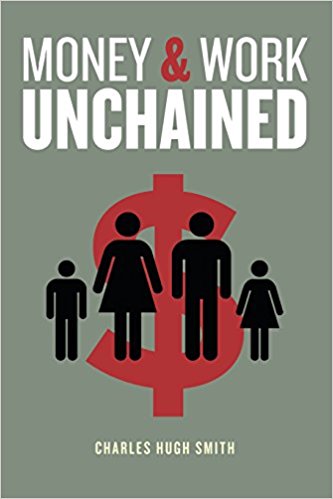These embedded processes strip away autonomy, equating compliance with effectiveness even as the processes become increasingly counter-productive and wasteful. Would any sane person choose America’s broken healthcare system over a cheaper, more effective alternative? Let’s see: the current system costs twice as much per person as the healthcare systems of our developed-world competitors, a medication to treat infantile spasms costs per vial in Europe and ,892 in the U.S., and by any broad measure, the health of the U.S. populace is declining. This is how systems and nations fail: nobody chose the current broken system, but now it can’t be changed because the incentive structure locks in embedded
Topics:
Charles Hugh Smith considers the following as important: 5) Global Macro, Featured, newsletter, The United States
This could be interesting, too:
Nachrichten Ticker - www.finanzen.ch writes Die Performance der Kryptowährungen in KW 9: Das hat sich bei Bitcoin, Ether & Co. getan
Nachrichten Ticker - www.finanzen.ch writes Wer verbirgt sich hinter der Ethereum-Technologie?
Martin Hartmann writes Eine Analyse nach den Lehren von Milton Friedman
Marc Chandler writes March 2025 Monthly
| If I was raking in $200,000 annually from a system I knew was parasitic and counter-productive, I would find reasons to keep my head down and just “do my job,” too.
At some point, the embedded processes become so odious and burdensome that those actually providing the services start bailing out of the broken system. We’re seeing this in the number of doctors and nurses who retire early or simply quit to do something less stressful and more rewarding. These embedded processes strip away autonomy, equating compliance with effectiveness even as the processes become increasingly counter-productive and wasteful. The typical mortgage documents package is now a half-inch thick, a stack of legal disclaimers and stipulations that no home buyer actually understands (unless they happen to be a real estate attorney). |
Rising Insulin prices 2001-2015 |
| How much value is actually added by these ever-expanding embedded processes?
By the time the teacher, professor or doctor complies with the curriculum / “standards of care”, there’s little room left for actually doing their job. But behind the scenes, armies of well-paid administrators will fight to the death to keep the processes as they are, no matter how destructive to the system as a whole. This is how systems and the nations that depend on them fail. Meds skyrocket in price, student loans top $1 trillion, F-35 fighter aircraft are double the initial cost estimates and so on, and the insider solutions are always the same: just borrow another trillion to keep the broken system afloat for another year. |
Student loans 2001-2018 |
Tags: Featured,newsletter



